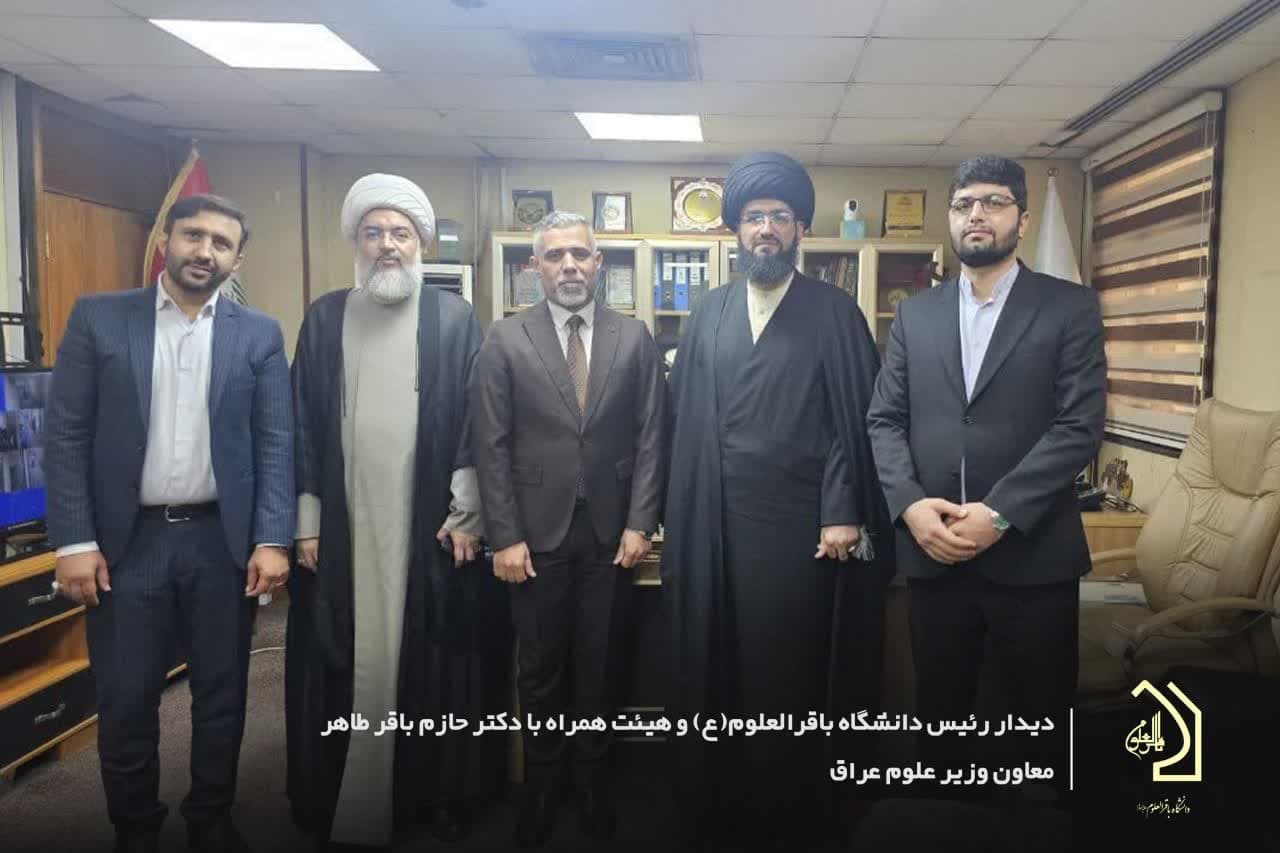
Proposal for an Intensive Course on Islam and Human Rights
Introduction
Human rights are fundamental entitlements that are inherent to every individual by virtue of their humanity. In Islam, the principles of dignity and equality underpin the conception of human rights. The Quran states, “We have honored the children of Adam and carried them by land and sea; We have provided good sustenance for them and favored them specially above many of those We created” (17:70), emphasizing the inherent dignity of all human beings. Equality is also a central tenet in Islam, as exemplified by the Prophet Muhammad’s (peace be upon him) last sermon, in which he stated, “All mankind is from Adam and Eve, an Arab has no superiority over a non-Arab nor a non-Arab has any superiority over an Arab; also a white has no superiority over black nor a black has any superiority over white except by piety and good action.” Given the importance of human rights in Islam and their relevance to contemporary issues, it is crucial to educate individuals about human rights within an Islamic framework and how to defend them in their own contexts and communities. This proposal outlines a short course on human rights for participants, with the aim of providing them with a comprehensive and critical understanding of the theory, law, and practice of human rights within the global arena, with a focus on the Islamic perspective.
Despite the significance of human rights in Islam and their relevance to contemporary issues, many researchers may not have had the opportunity to study this topic in depth. As such, there is a need for a short course that provides a comprehensive and critical understanding of human rights from an Islamic perspective, encompassing both theoretical knowledge and practical skills. This course aims to address this gap by offering participants the opportunity to learn about the principles of dignity and equality in Islam, the history and development of human rights, and the challenges and opportunities associated with defending and promoting human rights within their own contexts.
Purpose, Goals, and Objectives
The purpose of this course is to provide participants with a comprehensive and critical understanding of human rights from an Islamic perspective. The goals of this course are to:
- Enhance participants’ knowledge of the principles, history, and development of human rights in Islam and within the global arena.
- Develop participants’ skills in analyzing, evaluating, and applying human rights concepts and standards to various issues and situations.
- Empower participants to defend and promote human rights within their own contexts and communities.
The objectives of this course are to:
- Introduce participants to the sources, foundations, and dimensions of human rights in Islam.
- Examine the main human rights instruments and mechanisms at international and regional levels.
- Explore key human rights issues and challenges facing Muslims and non-Muslims in different parts of the world.
- Engage participants in interactive discussions, case studies, simulations, and group projects on human rights topics.
Benefits
This course will benefit both participants and society by:
- Providing participants with a comprehensive and critical understanding of human rights from an Islamic perspective, enabling them to appreciate the ethical values.
- It is taught by qualified and experienced instructors who have expertise in both Islamic and human rights fields.
- It uses a variety of teaching methods and learning activities that are interactive, participatory, and learner-centered.
- It incorporates relevant examples and case studies from different regions and contexts that reflect the diversity and complexity of human rights issues.
The budget and how the funds will be used???
I hope that this proposal has convinced you of the importance and feasibility of this course. I would appreciate your support and approval for this project. Please let me know if you have any questions or comments. You can reach me at (sadra986@gmail.com) or (+989022243424). Thank you for your time and attention.
Overview
This short course on Human Rights will cover a range of topics over the duration of two weeks. The course is designed to provide researchers with a comprehensive understanding of human rights, with a focus on the Islamic perspective. The key topics that will be covered in the course include:
- Introduction to Human Rights: This topic will provide an overview of the concept of human rights, including its history, development, and significance. Participants will learn about the various categories of human rights, such as civil and political rights, economic, social and cultural rights, and collective rights.
- International Human Rights Law: This topic will provide an overview of international human rights law, including the major treaties, conventions, and institutions that make up the international human rights system. Participants will learn about the mechanisms for monitoring and enforcing human rights at the international level.
- Contemporary Human Rights Issues: This topic will examine some of the major human rights issues facing the world today, such as discrimination, poverty, conflict, and migration. Participants will learn about the challenges and opportunities for promoting and protecting human rights in different contexts.
- Human Rights in Islam: This topic will explore the Islamic perspective on human rights, including the sources, principles, and values that underpin human rights in Islam. Participants will learn about the rights and responsibilities of individuals in an Islamic society, as well as the role of the state in protecting and promoting human rights.
Throughout the course, participants will have the opportunity to engage in discussions, case studies, and group projects to apply their knowledge and develop their skills in analyzing and addressing human rights issues.
Course Details
Course Title: “Human Rights: An Islamic Perspective”
Duration: 2 weeks
Target Audience: Students who graduated from BA
Course Format: Online, with a combination of live lectures, recorded videos, readings, discussions, and group projects
Schedule: The course will be held from Monday to Friday, with two live lectures per day (each lecture is 1 hour long), followed by group discussions and independent study.
Prerequisites: None
Requirements: Participants are expected to attend all lectures, participate in group discussions, complete all assignments and readings, and work on a group project.
Assessment: Participants will be assessed based on their participation in group discussions, completion of assignments, and contribution to the group project.
Certificate: Upon successful completion of the course, participants will receive a certificate of completion.
Outcomes
By the end of this course, participants will have gained a comprehensive understanding of human rights from an Islamic perspective. Specifically, participants will be able to:
- Understand the concept of human rights and its significance in the contemporary world.
- Explain the sources, principles, and values that underpin human rights in Islam.
- Analyze the relationship between Islamic law and international human rights law.
- Identify and discuss contemporary human rights issues and challenges.
- Apply their knowledge and skills to analyze and address human rights issues in their own contexts.
In addition to gaining knowledge and skills in the field of human rights, participants will also benefit from taking this course by:
- Developing their critical thinking, problem-solving, and communication abilities.
- Engaging in discussions and collaborations with peers from diverse backgrounds.
- Gaining a deeper understanding of the Islamic perspective on human rights and its relevance to contemporary issues.
- Being better equipped to defend and promote human rights in their own communities.
Faculty
The course will be taught by a team of qualified and experienced instructors who have expertise in both Islamic studies and human rights. The instructors have advanced degrees in relevant fields, such as law, political science, sociology, and Islamic studies, and have published widely on topics related to human rights and Islam. They have also taught similar courses at leading universities and have received positive feedback from their students.
Instructor 1: Dr. [Name]
- PhD in Law from [University]
- Expertise in Islamic law and human rights
- Author of several books and articles on human rights in Islam
- Has taught similar courses at [University] for [number] years
Instructor 2: Dr. [Name]
- PhD in Islamic Law from [University]
- Expertise in international human rights law and institutions
- Has conducted research on human rights issues in Muslim-majority countries
- Has taught similar courses at [University] for [number] years
Instructor 3: Dr. [Name]
- PhD in Political science & Sociology from [University]
- Expertise in contemporary human rights issues and challenges
- Has worked with human rights organizations in [country/region]
- Has taught similar courses at [University] for [number] years
Additional sections
Fees: The course fee is [amount] per participant, which covers the cost of instruction, course materials, and access to the online learning platform. Participants are responsible for their own internet and computer costs. A limited number of scholarships may be available for participants with demonstrated financial need.
Assessment Methods: Participants will be assessed based on their participation in group discussions, completion of assignments, and contribution to the group project. The assignments will include quizzes, short essays, and case analyses. The group project will involve working with a team of peers to research and present on a human rights topic of their choice. The final grade for the course will be based on a combination of these assessments.
Credit Options: Participants who successfully complete the course may be eligible to receive [number] credits from [University/Institution]. These credits may be transferable to other institutions, subject to their policies and requirements. Participants who are interested in receiving credit for the course should contact [University/Institution] for more information.
A Significant Point: To make sure that this course is engaging and interactive for the participants, we can use a variety of teaching methods and learning activities that encourage active participation and collaboration. Here are some suggestions:
- Use a variety of teaching methods: In addition to traditional lectures, we can use other teaching methods such as discussions, debates, role-plays, simulations, and case studies to engage participants and encourage them to apply their knowledge and skills.
- Incorporate multimedia content: Use videos, images, infographics, and other multimedia content to make the course more engaging and visually appealing.
- Encourage group work: Assign group projects or activities that require participants to work together and collaborate. This can help build a sense of community among the participants and promote peer-to-peer learning.
- Provide opportunities for interaction: Use interactive tools such as polls, quizzes, and discussion forums to encourage participants to interact with each other and with the course content.
- Provide timely feedback: Provide participants with timely and constructive feedback on their assignments and contributions to the course. This can help them improve their performance and stay engaged in the course.
- Be responsive to participants’ needs: Be responsive to participants’ questions, concerns, and feedback. Make adjustments to the course content or format as needed to meet their needs and interests.
By using these strategies, we can create an engaging and interactive learning experience for the participants in this course.
Recommend any resources or materials
There are many resources and materials available for teaching human rights from an Islamic perspective. Here are some suggestions:
- “Human Rights in Islam” by ‘Allamah Abu Al’A’la Mawdudi: This book provides an introduction to the concept of human rights in Islam, including its sources, principles, and values.
- “Islam and the Challenge of Human Rights” by Abdulaziz Sachedina: This book presents the viewpoints of Islamic scholars on human rights in Islam, including discussions on the relationship between Islamic law and international human rights law.
- “Human Rights and Islam: An Introduction” by Mashood A. Baderin: This book provides an overview of human rights in Islam, including discussions on contemporary human rights issues and challenges.
- “Islam and Human Rights: Tradition and Politics” by Ann Elizabeth Mayer: This book examines the relationship between Islam and human rights, including discussions on the role of Islamic law in the protection and promotion of human rights.
In addition to books, there are also many articles, websites, and online courses that provide information and resources for teaching human rights from an Islamic perspective. For example, we can find articles on this topic in academic journals such as “Human Rights Quarterly” or “Islamic Law and Society”. We can also find online courses on platforms such as Coursera or edX that cover topics related to human rights and Islam.


























